Album Reviews
Album Review: Big Boi – Sir Lucious Left Foot: The Son of Chico Dusty
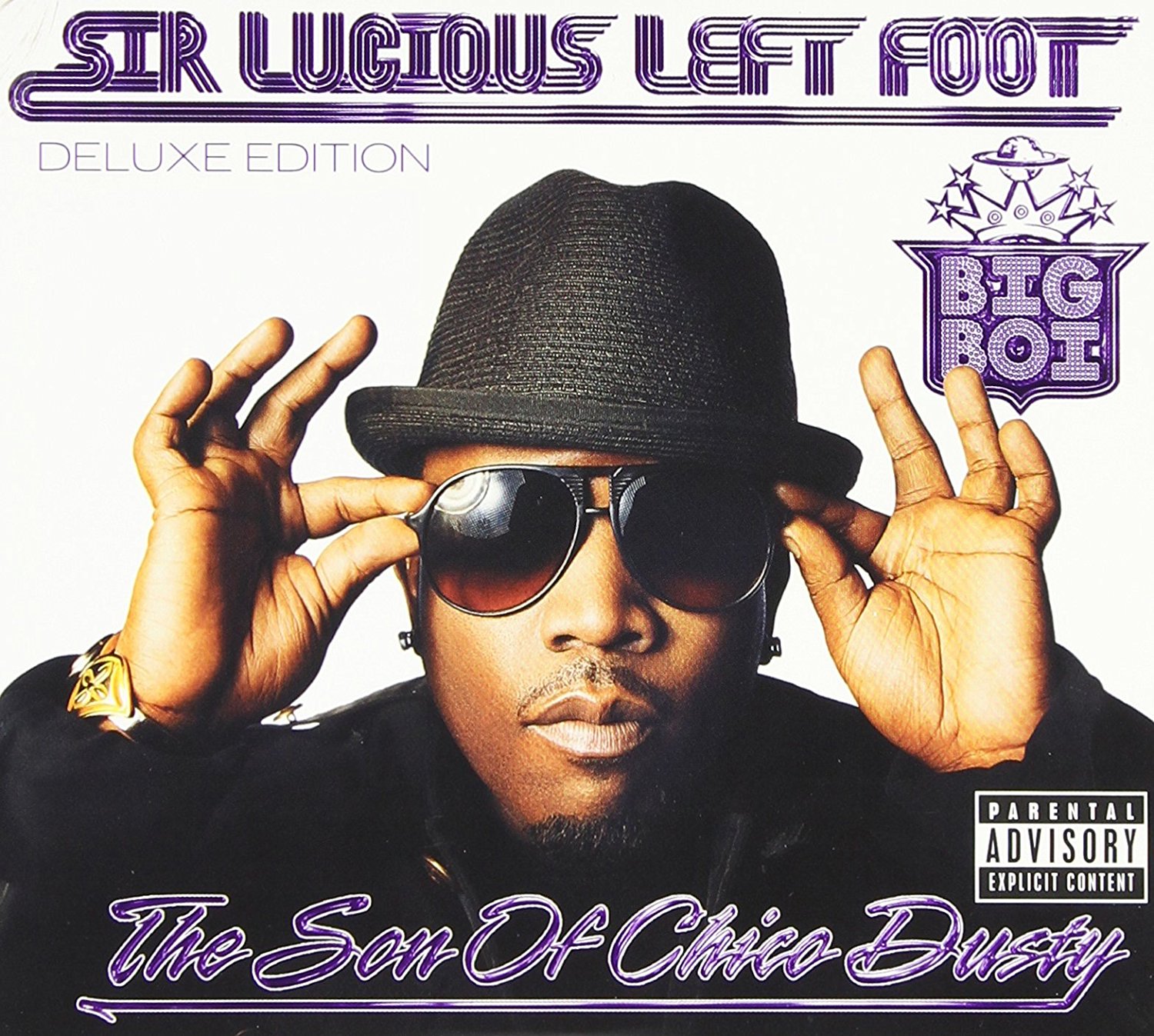
Hip-hop releases are notorious in their arrival: for being late; for failing to live up to their hype; for failing to arrive at all. Consider Detox, Hell Hath No Fury, Cuban Linx II or the careers of Saigon and Rakim, as well as the growing pool of names relegated to the trivia circuit: Bobby Creekwater, Charles Hamilton, Quan.
Now consider Outkast: rap royalty, household name, the Atlanta duo with more Album of the Year Grammys than Bruce Springsteen and Radiohead combined. If hip-hop has a reputation for being overly ambitious—for talking, basically, too much shit—you can thank Antwan “Big Boi” Patton and Andre “3000” Benjamin, whose first three albums in the mid-to-late 1990s set the pace and tone for the Dirty South’s takeover a few years later; whose Stankonia redefined rap; whose Speakerboxxx/The Love Below redefined pop culture; whose Idelwild movie and soundtrack flops at least gave us a timely—read: post-Katrina—context for black music.
No one in hip-hop—not Lil Wayne, not Eminem, not Jay-Z—has thought about being over-the-top more than Outkast, and no one actually gets there as often. At its most victorious, hip-hop sees a bar, talks shit, meets it and pushes it higher for the next contestant. You can thank Outkast for that, too.
But in an industry increasingly unsure of itself, the line between experimental and unsellable has never been so hazy. Despite his track record, Big Boi found himself in the kind of development hell that’s swallowed so many before him, succumbing to shelved-project status after releasing a pair of singles in 2008. That he’s come out of it with an utterly triumphant album is a big part of the reason Sir Lucious Left Foot: The Son of Chico Dusty is the most important, and so far, best, hip-hop release this year.
Sir Lucious is Big Boi’s second solo album, after 2003’s Speakerboxxx. But it’s his solo debut because it’s not being pushed as an Outkast album. That’s a good thing. Forget, if you can, the name Outkast. It’s no more. Forget, too, the idea of an Outkast reunion, because it’s no longer necessary. Sir Lucious fills that void, picking up the sharp funk of Idlewild—it’s not even fair to call these beats—while staying grounded in the gritty raps that laced the group’s early albums. “I write knock-out songs/You spit punchlines for money,” Big Boi declares on the anthemic “Daddy Fat Sax.” He shouts but doesn’t sound angry. This older-brother confidence is Big Boi’s specialty: words that feel threatening because they’re true. This says nothing of Big Boi’s love for words, evident in title alone (“Shutterbugg,” “Shine Blockas”) but also in the way they bend to form guessable new meanings (from “Back Up Plan”: “I got a back-up plan/To the back-up plan/To back up my back-up plan”).
Has he always had this in him? Yes. Sadly, though, we’ve barely noticed. On Aquemini, Big Boi played the brass-taxes pimp; Andre, the mysterious poet. The divide grew; Andre became the one killing time until his green light, which made his role in Outkast an awkward spotlight: the Shawn Michaels to Big Boi’s Marty Jannetty, the George Clooney to his Anthony Edwards.
On Sir Lucious Left Foot, that’s still the case. It might be Big Boi’s album, but he’s never really the star. Each track is loaded with a guest spot or more, ranging from the familiar (George Clinton, Too $hort, T.I., Jamie Foxx) and up-and-coming (Yelawolf, Gucci Mane, Janelle Monae, B.o.B) to the forgotten (Sleepy Brown, Khujo, Big Rube, Joi) and unheard-of (Vonnegutt, Cutty, Sam Chris). It’s an unnecessarily long list, but collectively, it embodies the spirit of collaboration, an important element as hip-hop works through its current mid-life crisis. If there’s a storm that needs weathering, you want Big Boi cursing and steering, in part because no one’s more up to the challenge, but also because it feels weirdly safe with him in charge.
And that’s just it: Big Boi is a visionary, maybe more so than his partner. Sir Luciousisn’t without its sore spots; there are stupid, tacked-on skits—one involving the sexual definition of a David Blaine, another involving buying crack—and it’s not clear what Big Boi’s talking about all the time. What does Sir Lucious Left Foot even mean, and who the hell is Chico Dusty, anyway, let alone his son? But like everything else Antwan Patton has given life to, it’s great because we didn’t expect it to be. We keep waiting for reunions, or mysterious poets. We should have watched the pimp. That’s where the real money is.
- Lists13 years ago
Top 10 Country Music Albums of 2010
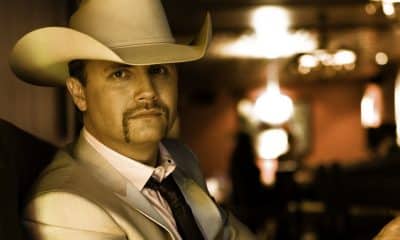
 Interviews5 years ago
Interviews5 years agoJohn Rich – The Interview

 Song Reviews16 years ago
Song Reviews16 years agoTaylor Swift – “Love Story”

 Interviews5 years ago
Interviews5 years agoHoneyhoney on Hiatus: Revisit our 2008 Interview with Suzanne Santo
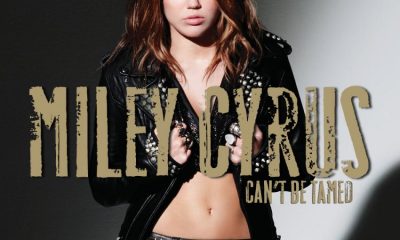
 Album Reviews14 years ago
Album Reviews14 years agoAlbum Review: Miley Cyrus – Can’t Be Tamed
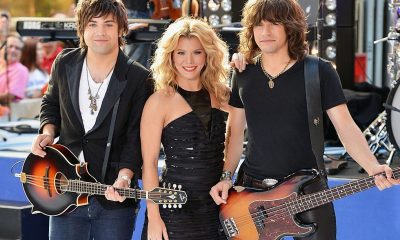
 Song Reviews6 years ago
Song Reviews6 years agoThe Band Perry – “Hip To My Heart”
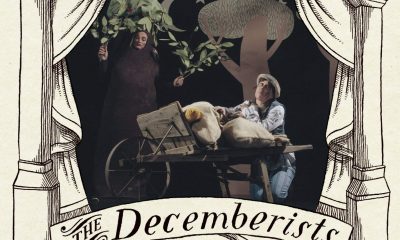
 Columns5 years ago
Columns5 years agoThe Link Between Folk Music’s Past and Present
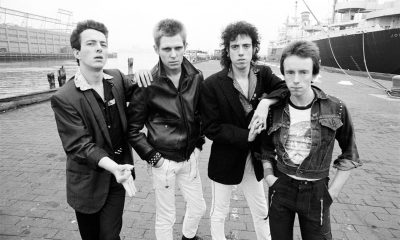
 Columns5 years ago
Columns5 years agoIs Marketing Killing Rock and Roll?

